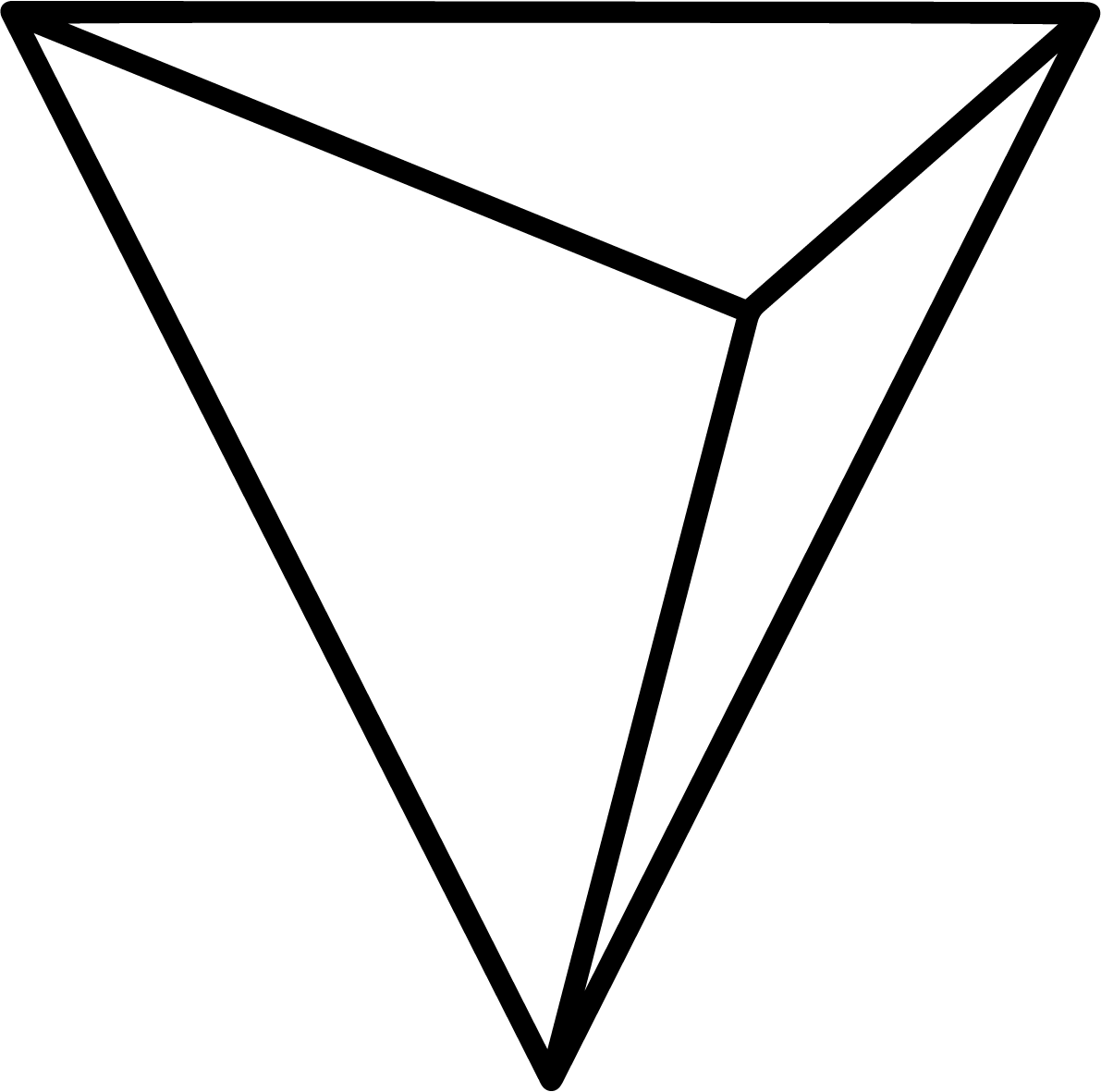From James:
To inform my coaching style and my practice design I use the most up to date research in skill acquisition. Currently, the leading theory is called ‘the ecological approach to developing skill’. This theory suggests that skill is simply adaptability, and that if we want to become more skillful then we need to design tasks that train an climber to be adaptable.
This is the most important skill in climbing because the sport involves varied and often unstable movements within an ever-changing environment.
When coaching and designing practice tasks and training plans my aim is to make you, the climber a better problem solver, which will enable you to climb on any angle, with any type of movement, in any situation.
To achieve this my coaching will include:
Never giving you the solution.
My aim as a coach is to help you find your own solution that works for you to influence your problem-solving ability on any climb in any situation. I will simply ask you questions and give you hints to push you in the right direction. The theory is if I give you the answer then I have robbed you of the opportunity to learn how to solve the problem yourself.
Facilitating the environment
My aim as a coach is to help you improve and progress towards your climbing goals. If you’re aiming to improve a specific skill, then the coach can do that by designing an environment tailored towards improving that skill. The theory is that the coach will let the environment do the talking for them to help you to detect specific information on the wall that will also help you in a range of different scenarios.
Challenges and games
A well-designed environment to inform your adaptability comes in the form of a challenge or a game. This is because these often involve some aspect of problem-solving to them as opposed to technique training or drills. The theory is that as long as your game or challenge involves similar movements to climbing, with lots of opportunities for movement, and above all else problem solving, then you will improve and progress as a climber.
Variability
Because the environment is always changing, and no two movements are ever the same, then practice should involve high amounts of variability. The theory is that to address this variability you need to practise lots of different movements rather than focusing on one specific set of movements. This type of practice means repeating a game or a challenge involving high variability to achieve a good outcome whilst ensuring that you never repeat the same movement over and over.
Exploration and experimentation
To find the best solution that works for you, you need to explore and experiment within the environment through trial and error. The theory is that your body will organise itself into the correct positions and movements to enable you to top the climb. Like a flock of birds flying in a V formation, there is no individual bird telling them what to do; they simply organise themselves in the most efficient flying pattern because the environment allows it.
Individuality
In climbing, because skill is viewed as adaptability, there is no correct way to perform a movement, and no correct form to a specific technique. The theory is that perfecting a set of techniques may help you on one climb in one situation but unfortunately in climbing you must be ready for any movement in any situation due to the demands of the sport. A teacher’s job is to help you towards a solution which has a right or wrong answer, and in climbing there isn’t a right or a wrong answer; only an answer that works best for you.
Session Length: 2 hours
Cost: £95
Our 1:1 sessions are 2 hours long and will not only give our coaches a chance to understand where your current level is at but also find out more about your goals and previous climbing and sporting history. This 2 hour session will also enable you to understand your coaches methodology and if this will work for you and what you want to get out of coaching.
To book in, please use the below form giving details of your availabilty and we will get back to you with what is possible.


